Amirhossein Dadashzadeh
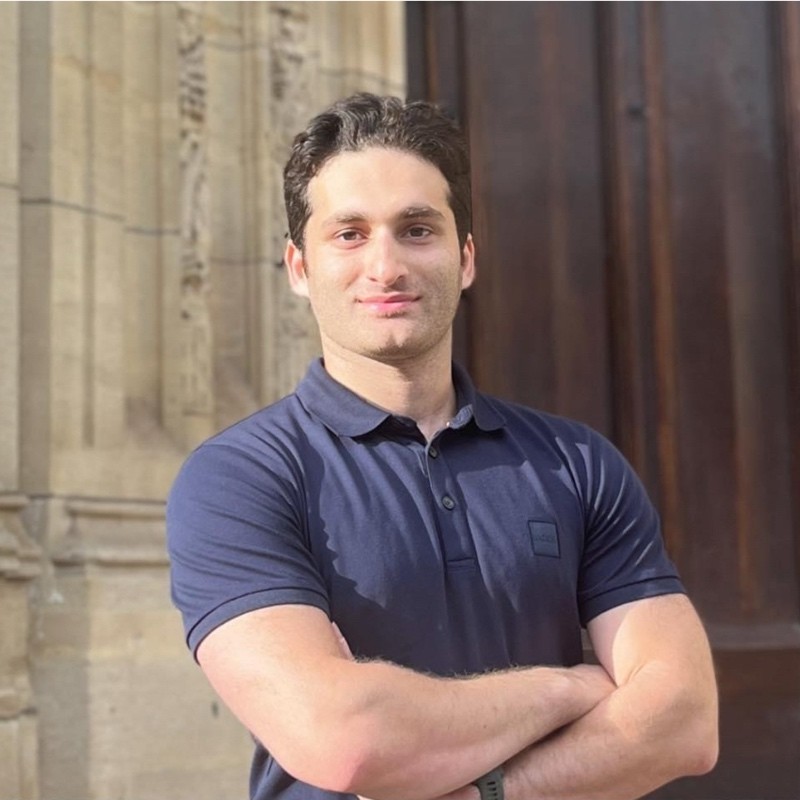
a.dadashzadeh@bristol.ac.uk
Hi! I am a Research Associate in Computer Vision at the University of Bristol, working on the TORUS project, where I develop learning-based, multimodal video systems for long-term human motion representation and analysis in real-world environments.
I completed my PhD in Computer Vision at the University of Bristol, where I developed deep learning methods for video-based analysis of human movement. My PhD was supervised by Professor Majid Mirmehdi and Professor Alan Whone.
My research interests include video understanding, multimodal and vision–language learning, and developing adaptive and efficient learning systems that generalise across environments, particularly in limited or unlabeled data settings and real-world deployment scenarios.
news
| Nov 15, 2025 | Co-STAR accepted at WACV 2026! Code available here → GitHub Repository |
|---|---|
| Oct 13, 2025 | I gave a guest lecture in Computer Vision at the University of Bristol. |
| Aug 15, 2025 | CARE-PD dataset introduced at NeurIPS 2025 A multi-site anonymized 3D gait dataset derived from RGB video and motion capture. Project website |
| Aug 15, 2024 | SEA accepted at NeurIPS 2024! Paper on reducing temporal rollout error in long-sequence PDE generation. Code available here → GitHub Repository |
| Dec 01, 2023 | PFED5 released! – A Parkinson’s disease facial expression dataset with 41 patients, 5 expressions, and MDS-UPDRS scores. Download PFED5 |
| Oct 17, 2023 | PECoP @ WACV 2024! – Code and PD4T dataset now available. GitHub |
selected publications
-
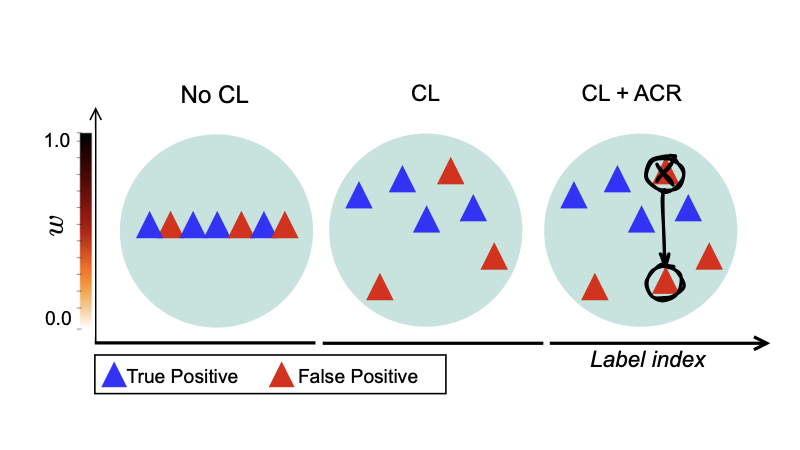 Co-STAR: Collaborative Curriculum Self-Training with Adaptive Regularization for Source-Free Video Domain AdaptationIEEE/CVF Winter Conference on Applications of Computer Vision (WACV), 2026
Co-STAR: Collaborative Curriculum Self-Training with Adaptive Regularization for Source-Free Video Domain AdaptationIEEE/CVF Winter Conference on Applications of Computer Vision (WACV), 2026 -
 CARE-PD: A Multi-Site Anonymized Clinical Dataset for Parkinson’s Disease Gait AssessmentAdvances in Neural Information Processing Systems (NeurIPS), 2025
CARE-PD: A Multi-Site Anonymized Clinical Dataset for Parkinson’s Disease Gait AssessmentAdvances in Neural Information Processing Systems (NeurIPS), 2025 -
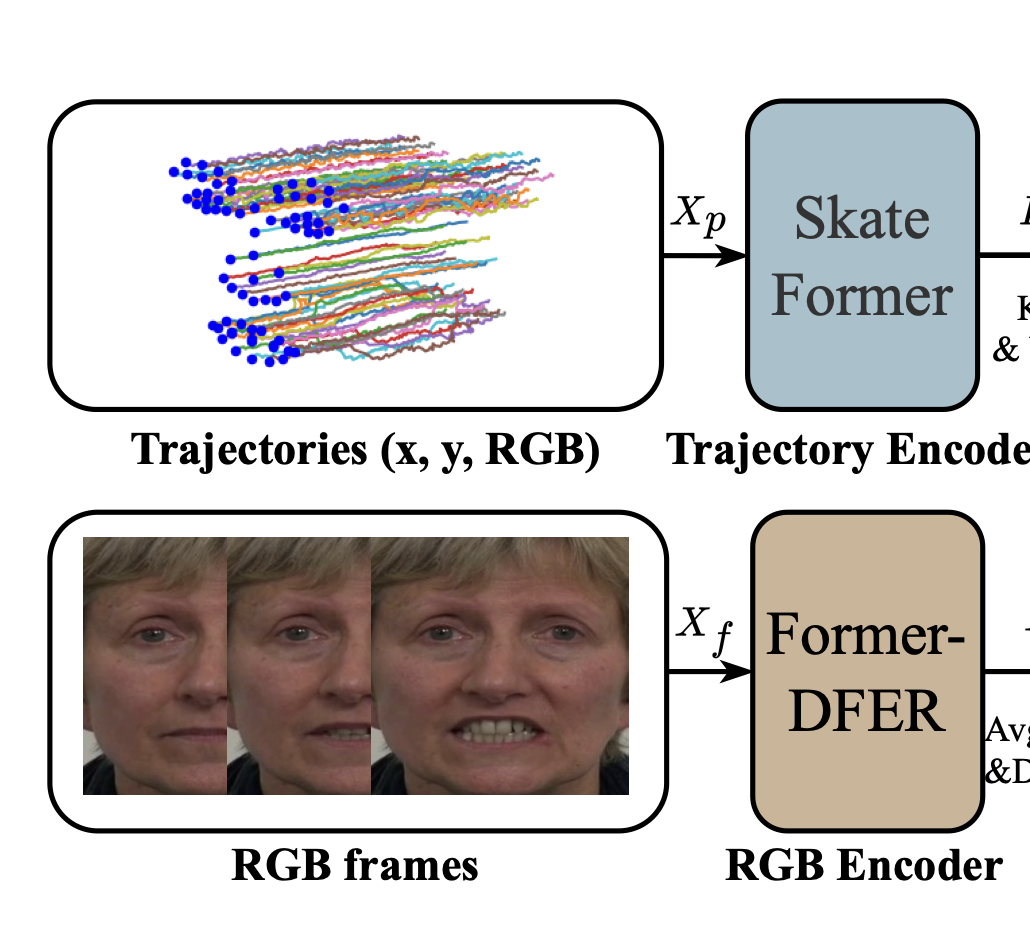 Trajectory-guided Motion Perception for Facial Expression Quality Assessment in Neurological DisordersIn IEEE International Conference on Automatic Face and Gesture Recognition (FG), 2025Accepted
Trajectory-guided Motion Perception for Facial Expression Quality Assessment in Neurological DisordersIn IEEE International Conference on Automatic Face and Gesture Recognition (FG), 2025Accepted -
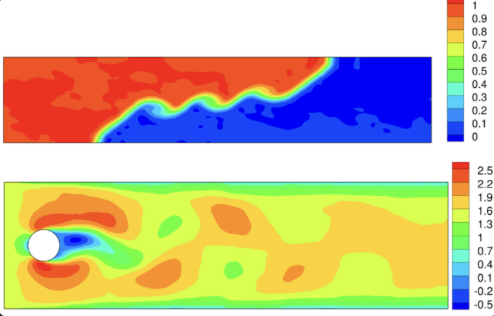 SEA: State-Exchange Attention for High-Fidelity Physics Based TransformersIn Advances in Neural Information Processing Systems, 2024
SEA: State-Exchange Attention for High-Fidelity Physics Based TransformersIn Advances in Neural Information Processing Systems, 2024 -
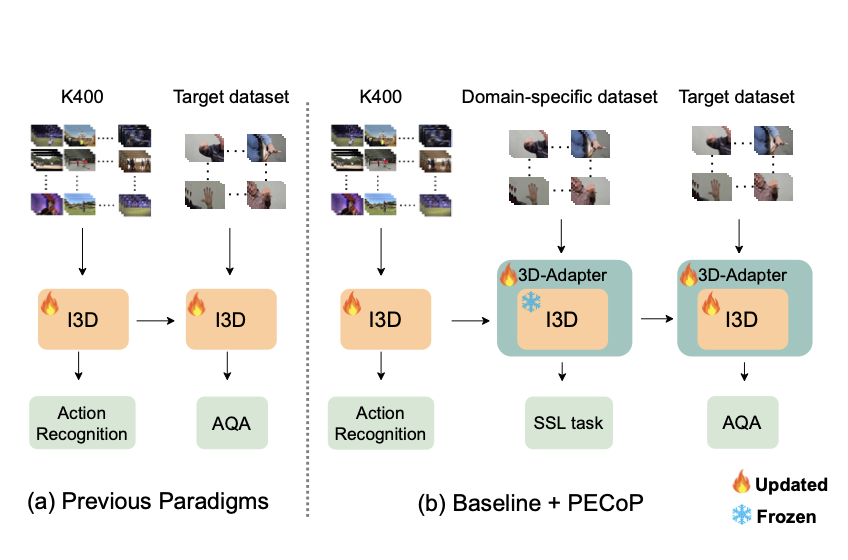 Pecop: Parameter efficient continual pretraining for action quality assessmentIn Proceedings of the IEEE/CVF Winter Conference on Applications of Computer Vision, 2024
Pecop: Parameter efficient continual pretraining for action quality assessmentIn Proceedings of the IEEE/CVF Winter Conference on Applications of Computer Vision, 2024 -
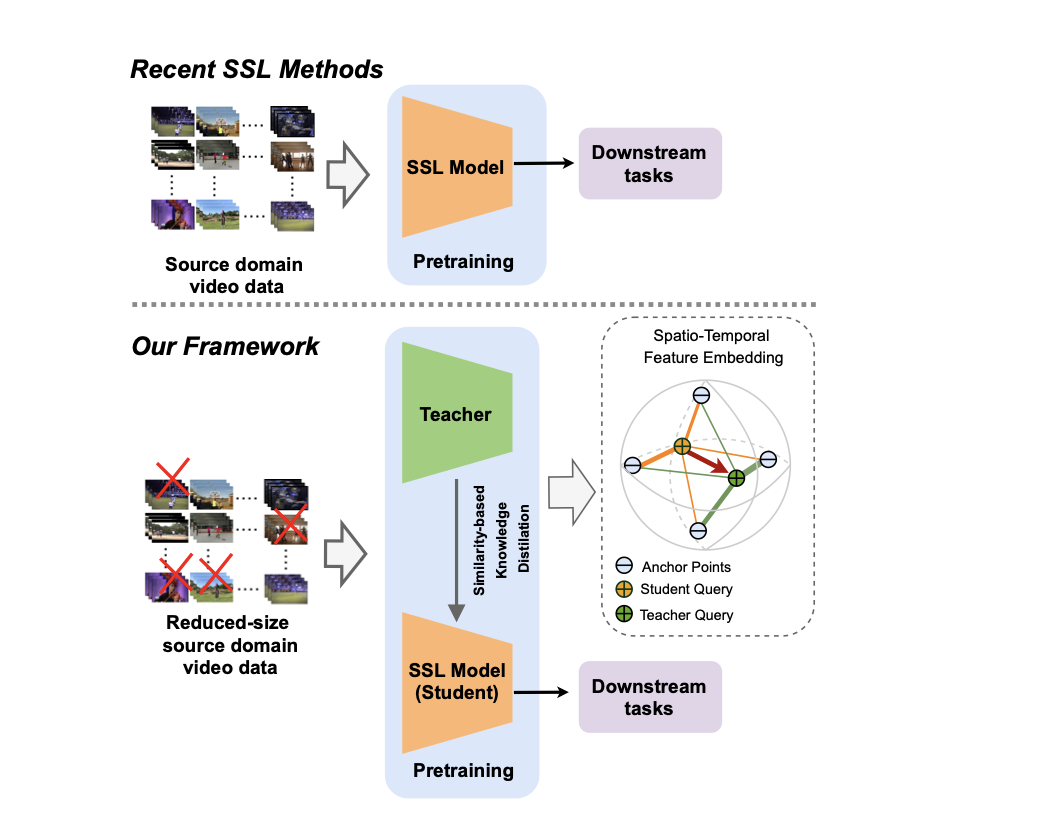 Auxiliary learning for self-supervised video representation via similarity-based knowledge distillationIn Proceedings of the IEEE/CVF Conference on Computer Vision and Pattern Recognition, 2022
Auxiliary learning for self-supervised video representation via similarity-based knowledge distillationIn Proceedings of the IEEE/CVF Conference on Computer Vision and Pattern Recognition, 2022